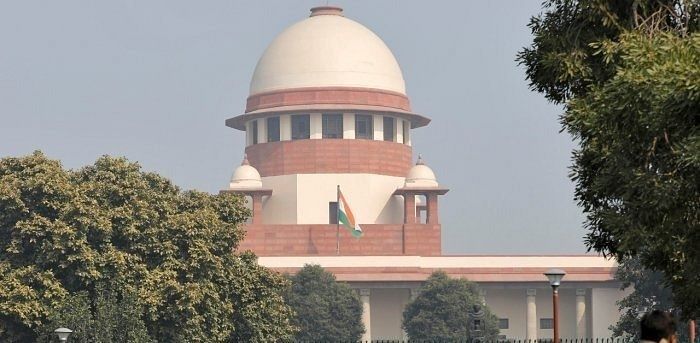
The Supreme Court recently expressed apprehension that the current vaccination policy pursued by the Centre was discriminatory and could be detrimental to the marginalised and underprivileged sections in the 18-44 age group.
While refraining from striking it down as being violative of the Constitution, the court urged the government to revisit the policy so that it withstands the scrutiny of Article 14 (equality before the law).
The Court’s fears have come true at least in Karnataka where there is a clear distinction between the haves and have nots in the 18-44 bracket when it comes to access to vaccines. This is the result of the Centre’s warped policy, particularly with regard to vaccine procurement and pricing.
Under the revised policy, while the Centre purchases 50% of vaccines manufactured in the country at a concessional rate, of the remaining 50%, one portion is allotted to state governments to buy at a higher price and one portion to private hospitals at an even higher price.
Read more: States can't be left in lurch: SC to Centre on Covid-19 vaccine dual pricing
Faced with an acute shortage of vaccines, the Karnataka government has issued an advisory, which is not mandatory, that private hospitals should prioritise all available stock for the 45 and above age group due for their second dose, in order to ensure that at least one section of the population is fully vaccinated.
In reality, those in the 18-44 group who have the capacity to pay are getting themselves inoculated in private hospitals, while the poor who are dependent on free vaccinations are left in the lurch. Such distinction between two classes of people clearly goes against Article 14.
The Karnataka High Court, which is also seized of the matter, has directed the state to make its stand clear on ensuring equitable access to vaccines to all groups on June 1. The court will hopefully direct the government to ensure a uniform policy for all sections of society and for vaccination by both government and private hospitals.
However, it is some consolation that the government has decided to vaccinate certain priority sections like street vendors in the 18-plus group, free of cost.
It is illogical that while countries like the US and UK are providing free vaccination to all, India should follow a policy that is neither just nor equitable. Experience has shown that no amount of polite nudging by the judiciary will make the government budge from its stand.
It may be time for the courts to strike down the existing policy and lay down a new one that is fair and non-discriminatory.
The Centre may deem this an encroachment on the executive prerogative, but the government has invited it by its own failures. The courts cannot remain blind to the travails of the common man during a crisis.